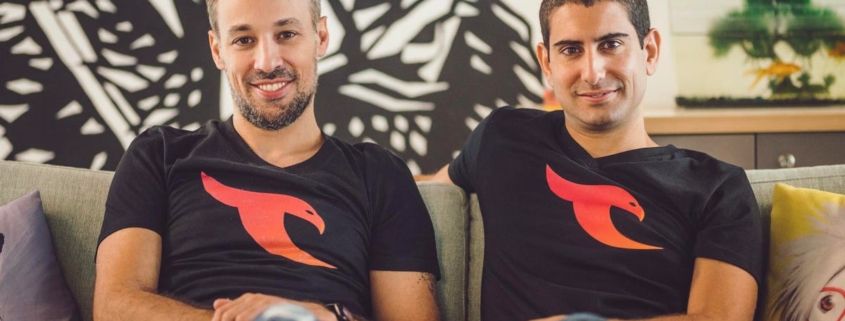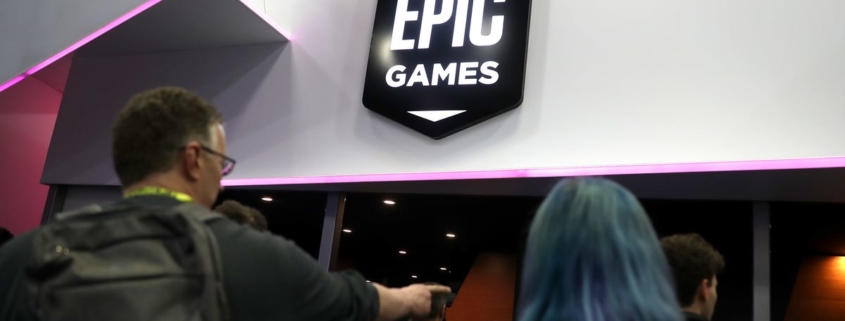Ron DeSantis either misunderstands Social Security or thinks voters do
In the third Republican presidential debate, Ron DeSantis said he would force Congress to stop borrowing money from Social Security. Hopefully, he has been badly briefed about Social Security finances by his staff.
If DeSantis actually understands Social Security financing, then his remark would have to be interpreted as a cynical attempt to take advantage of the fact that many voters don’t understand it. This misunderstanding is reflected in claims that Congress has stolen the money in the Social Security Trust Fund, which at the beginning of 2023 contained $2.83 trillion.


Nobody has stolen a dime from the Trust Fund. Instead, the U.S. Treasury, as authorized by Congress, has borrowed the money, paying the usual rate of interest paid to anybody else who buys treasury notes and bonds. So the money in the Trust Fund is in the form of U.S. bonds, not cash, stock, or other assets.
The money in the Trust Fund has come from several sources. Most was collected from employers and workers through the employment tax (FICA), which for several decades was more than the annual outgo to retirees and other Social Security beneficiaries. During this time, when the U.S. population was much younger, the surplus was used to build up the Trust Fund.
Some of it comes from income tax on Social Security benefits paid by Americans whose total income exceeds a certain amount fixed by law. The rest comes from the interest the Treasury pays for the money it has borrowed from the Trust Fund.
For a few years now the annual income into the Social Security Trust Fund has been less than the money needed to pay Social Security benefits. To make up the difference, the Trust Fund sells enough bonds back to the Treasury to provide the needed cash. Actuaries estimate that the Trust Fund will run completely out of bonds it can cash about 10 years from now.
This does not mean that Social Security beneficiaries will lose all their benefits. But It does mean that current income from FICA, if that tax is not increased, would only allow paying beneficiaries about three-fourths of their full benefits. Of course this decrease would hit retired people who have no other income very hard, in some cases even…



